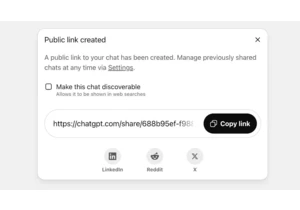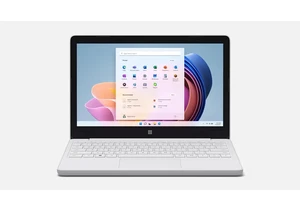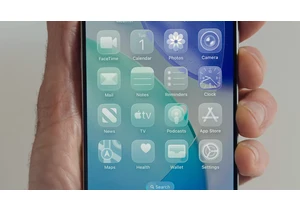Rumors circulated today that robotaxi company Waymo might use data from vehicles' interior cameras to train AI and sell targeted ads to riders. However, the company has tried to quell concerns, insisting that it won't be targeting ads to passengers.
The situation arose after researcher and engineer Jane Manchun Wong discovered an unreleased version of Waymo's privacy policy that suggested the robotaxi company could start using data from its vehicles to train generative AI. The draft policy has language allowing customers to opt out of Waymo "using your personal information (including interior camera data associated with your identity) for training GAI." Wong's discovery also suggested that Waymo could use that camera footage to sell personalized ads to riders.
Later in the day, The Verge obtained comments on this unreleased privacy policy from Waymo spokesperson Julia Ilina. "Waymo's [machine learning] systems are not designed to use this data to identify individual people, and there are no plans to use this data for targeted ads," she said. Ilina said the version found by Wong featured "placeholder text that doesn’t accurately reflect the feature’s purpose" and noted that the feature was still in development. It "will not introduce any changes to Waymo’s Privacy Policy, but rather will offer riders an opportunity to opt out of data collection for ML training purposes."
Hopefully Waymo holds to those statements. Privacy and security are huge concerns as AI companies try to feed their models as much information as possible. Waymo is owned by Alphabet and Google is developing its own AI assistant, Gemini, as well as other AI projects with its DeepMind division.
This article originally appeared on Engadget at https://www.engadget.com/transportation/waymo-has-no-plans-to-sell-ads-to-riders-based-on-camera-data-225340265.html?src=rss https://www.engadget.com/transportation/waymo-has-no-plans-to-sell-ads-to-riders-based-on-camera-data-225340265.html?src=rssLogin to add comment
Other posts in this group

Welcome to our latest recap of what's going on in the indie game space. A bunch of new games dropped this week that are more than worthy of your attention, including a modern take on an old-school



OpenAI has removed a feature that made shared ChatGPT conversations appear in search results. The "short-lived experiment" was based on the chatbot's link creation option. After complaints, OpenAI'

Microsoft is ending support for its ChromeOS competitor Windows 11 SE. The company will officially stop providing "software updates, technical assistance and security fixes" in October 2026, accord


